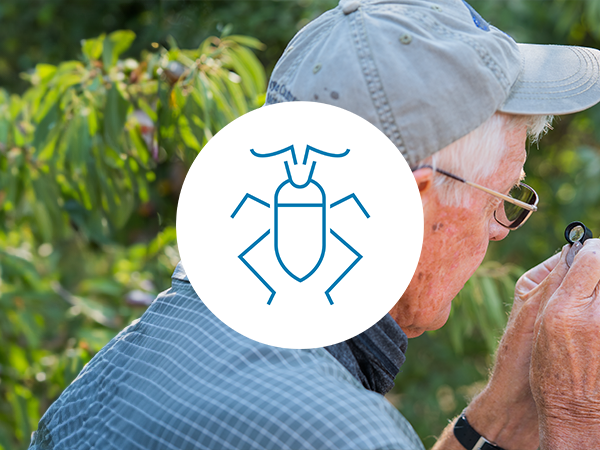Course Description
In this session the speaker discusses the challenges of prunus replant disease and the innovative method of anaerobic soil disinfestation (ASD) as a promising alternative to traditional fumigation. The speaker outlines the significant impact of prunus replant disease on early yields in newly planted orchards and emphasizes the importance of pre-plant fallow periods and selecting appropriate rootstocks to mitigate the disease. He presents findings from soil diagnostics that highlight the role of soil pH and cation levels in disease severity, noting that whole orchard recycling does not significantly alter the disease presence. The session underscores pre-plant soil fumigation with chloropicrin as the most effective current method, while exploring ASD as an alternative due to its ability to stimulate microbial activity that suppresses pathogens. Early trials of ASD using carbon substrates like rice bran show promising results in tree growth and yield, though cost remains a concern. Ongoing research focuses on optimizing ASD with more economical substrates and assessing its compatibility with orchard recycling and fertilization practices. The discussion ultimately highlights the potential of ASD and the need for further refinement to make it a cost-effective solution for managing prunus replant disease in almond orchards.
Course Objectives:
After completing this course, learners will be able to:
- Understand the challenges associated with prunus replant disease and its significant impact on early yields in newly planted almond orchards.
- Explore the innovative method of anaerobic soil disinfestation (ASD) as a promising alternative to traditional fumigation techniques for managing prunus replant disease.
- Recognize the importance of pre-plant fallow periods and the selection of appropriate rootstocks as strategies to mitigate the effects of prunus replant disease.
- Discuss findings from soil diagnostics regarding the role of soil pH and cation levels in disease severity, as well as the limited impact of whole orchard recycling on disease presence.
- Evaluate the current effectiveness of pre-plant soil fumigation with chloropicrin and compare it with the potential benefits of ASD in stimulating microbial activity to suppress pathogens.
- Examine early trial results of ASD using carbon substrates like rice bran, focusing on their impact on tree growth and yield, while also considering cost concerns.
- Identify ongoing research efforts aimed at optimizing ASD with more economical substrates and assessing its compatibility with orchard recycling and fertilization practices.
- Highlight the potential of ASD as a cost-effective solution for managing prunus replant disease in almond orchards, emphasizing the need for further refinement and research in this area.

